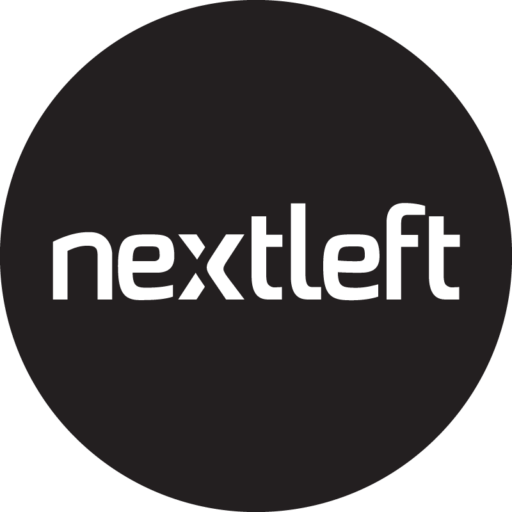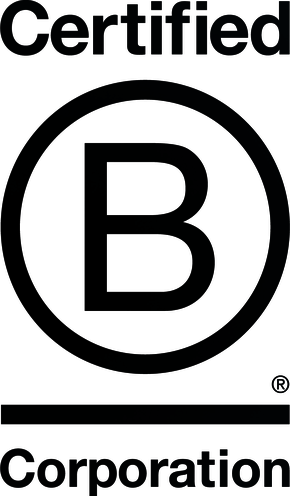The foundation of a good SEO campaign starts with the right tools and technology and the very first piece of technology to consider is a content management system! While it’s true that it is possible to get results using almost any CMS, it tends to be far easier and quicker by picking the right platform. Therefore, the following article aims to outline what features are a must when it comes to picking an SEO friendly CMS as well as the pros and cons of the top 5 content management systems that we see on the market today. Continue below to learn more!
Table of Contents
- Must-Have SEO Features
1. WordPress
2. Shopify
3. Magento
4. Drupal
5. HubSpot - What is a Headless CMS?
5 Important Features for an SEO Friendly CMS
When looking at the right CMS for SEO, there are a handful of features and functions that you want to ensure are included as part of the platform.
1. Customization
The number one feature to look out for in a CMS is customization. This means the ability to edit and customize:
- Metadata (title tags, H1s, meta descriptions)
- On-page elements (text and formatting)
- URL and folder structure
- Images
- Robots.txt file
- Navigation menus
- Internal links
- Canonical URLs
- Meta robots for individual pages
In the right hands, a customizable website can be configured and optimized for better site structure, higher rankings, faster site speed and a seamless user experience. If a CMS restricts from editing certain features, it will be harder to tailor a website to your specific needs and may prevent the best performance possible.
2. Native Blog Platform & Content Hub
Content marketing is the backbone of any SEO campaign. With that in mind, your CMS should have an easy-to-use native blog platform within the CMS. This means somewhere in the backend where you can easily upload, edit and post blog content. Not only should it be easy to post blog content, but that content should exist in a well organized content hub with automatic functionality for sorting features like tags and categories.
3. 301 Redirects
Any SEO knows that setting up redirects happens frequently over the life of a campaign. Whether URLs are being updated or pages removed, the ability to easily set up and control 301 redirects is a must for maintaining good rankings and preserving link equity.
4. Sitemap Generation
Submitting a valid sitemap to tools like Google Search Console and Bing Webmaster Tools is one of the first steps to ensuring proper indexation. However, prior to submitting a sitemap, a correct sitemap needs to be generated! Most content management systems today generate sitemaps automatically based on the number of indexable pages found on the website. However, in addition to automatic sitemap generation, also make sure that you are able to remove pages from a sitemap, whether that means entire folders or individual pages.
5. Mobile Friendly & Responsive Design
Today, web traffic is split between multiple types of devices. Therefore, you need a content management system that provides themes that can work across desktop, mobile, and tablets. Not only is this important for page speed considerations but also user experience. Even slightly poor formatting or distorted images can increase bounce rates and reduce conversions.
NextLeft’s 5 Best Content Management Systems for SEO
* Disclaimer: We are not compensated in any way for these rankings. These rankings are based on our experience running SEO campaigns across a number of different websites and markets.
1. WordPress
WordPress is one of the most common and versatile content management systems on the internet. Starting out as a blogging platform, it is now estimated that 455 million websites use WordPress as their CMS of choice. WordPress is extremely user friendly and customizable through the ability to easily edit theme files and through the use of third party plug-ins. However, these third party extensions are also the cause for security concerns for some webmasters.
Pros
- Highly customizable
- A large library of plug-ins and responsive themes
- User friendly and intuitive dashboard
- Works for any type of website
- Affordable and easy to set up
- Easy-to-use native blog platform
Cons
- Requires the right plug-ins for best functionality
- Too many plug-ins can reduce page speed
- Security concerns around certain third party plug-ins
2. Shopify
Shopify is a great out of the box solution for an eCommerce store that allows for almost anyone to start selling products online in a matter of days. It offers an easy way to upload products, comes with built-in checkout functionality and has a library of third party extensions called Apps. However, as is the case with all good out of the box solutions, the downside is that it may be harder to customize to your exact specifications, especially as it relates to things like URL structure.
Pros
- User friendly and intuitive dashboard
- Affordable, out-of-the-box solution for eCommerce stores
- Third party app library
- Native blog platform
Cons
- Lack of customization for certain elements
- Unable to edit folders URL structure
- Redirect functionality quirks
3. Magento
Magento is a fully customizable but development resource heavy content management system. It is generally reserved for larger eCommerce sites that have an in-house development team. That said, if you have the resources, this can be a very powerful CMS for selling products online.
Pros
- Customizable, open source platform
- Library of extensions for additional functionality
- Intuitive dashboard
Cons
- More expensive that most other platforms
- Requires a team of developers for larger changes
- No built in blog functionality, requires an extension
4. Drupal
Drupal is similar to WordPress but more expensive and has a need for development resources. Similar to Magento, Drupal is generally reserved for larger, enterprise sites with an in-house development team. However, Drupal can be used for any type of website. If you have the resources at your disposal, then this CMS is capable of virtually anything for any website.
Pros
- Customizable, open source platform
- Scalability for any type of website
- Library of modules for additional functionality
Cons
- More expensive that most other platforms
- Steeper learning curve
- Developers required for maintenance
5. HubSpot
The HubSpot CMS offers the ability to merge your website and marketing efforts in one place. It seamlessly integrates with the HubSpot CRM platform and offers functionality for editing blog posts and CTAs on specific landing pages. It also offers built-in functionality like A/B testing and social tool integration.
Pros
- Easily edit landing pages and CTAs
- Offers integrations with analytics and marketing tools
- Responsive design
- Smart content feature
Cons
- Steeper learning curve
- Small selection of templates and themes
- HubL coding language requirement
What is a Headless CMS?
No discussion about content management systems would be complete without at least touching on the concept of a headless CMS. A headless CMS is a content management system where the content repository (body) is separated from the presentation layer (head). As opposed to a traditional CMS where all of the assets (content, images, CSS, HTML) are wrapped up in a single format, a headless CMS allows for that same content to be used and distributed across multiple platforms and device types (i.e. laptops, phones, smart watches).
While headless content management systems appear to be the way of the future, they are very technical and development heavy. This means that even simple changes need a technical resource to make them. Moreover, a headless CMS is built with JavaScript which search engines are still having trouble understanding and indexing.
Bottom line, the technology doesn’t appear to be in a place where it is user friendly and easily customizable for the average webmaster which is why we haven’t recommended any headless content management systems at this time.
Optimize Your CMS for SEO with NextLeft!
Whether you are thinking about creating a new website or are looking to optimize your existing website, we can help! At NextLeft, we have experience with a wide range of content management systems and when paired with our SEO services, we know how to get results. Contact us today for a free audit or to get started with any of our digital marketing services!


